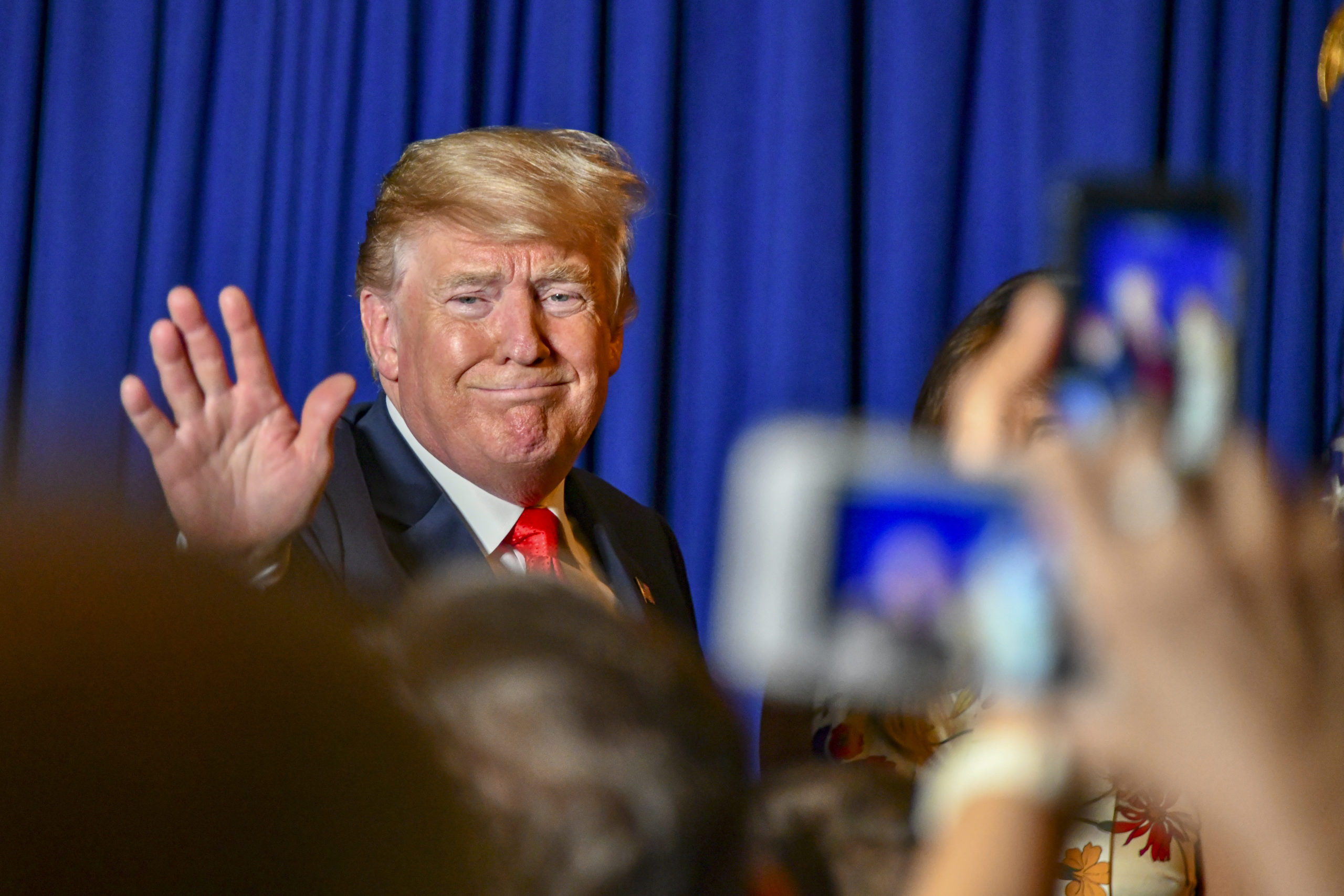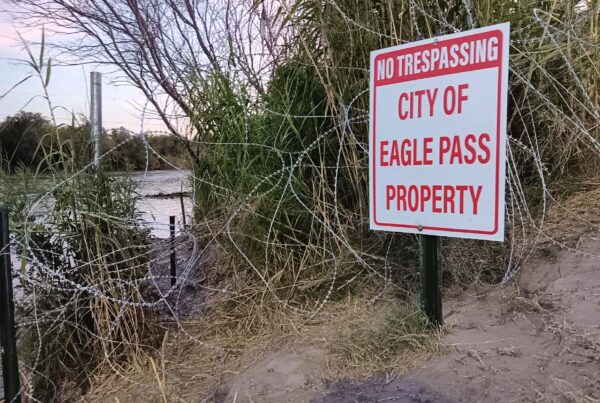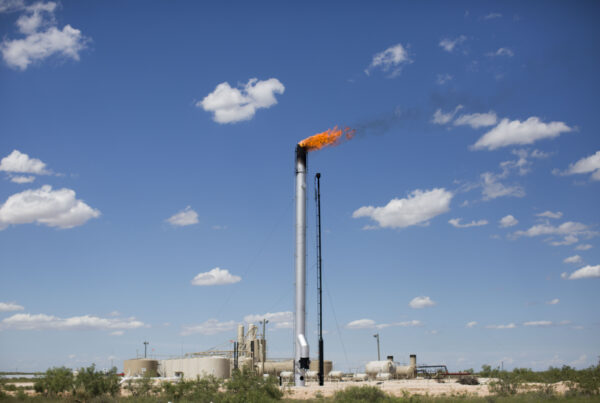PolitiFact recently hit a milestone. The organization just published their 1,000th fact check of former president and now Republican presidential candidate Donald Trump.
PolitiFact started fact checking Trump back in 2011, when he started to circulate rumors that former President Barack Obama was not born in the U.S. and therefore not eligible for office. PolitiFact rated that claim false.
So what’s been learned from a thousand Trump fact checks?
Louis Jacobson, a senior correspondent at PolitiFact, said the first thing to note is that Trump has been fact checked more than anyone else.
“The second is Barack Obama with about 600 or so. And then Hillary Clinton and Joe Biden fall in a third and fourth place of most fact checked,” Jacobson said.
“Probably the most striking thing that stands out to me is that if you look at our six-point scale — which is true, mostly true, half true, mostly false, false, and pants on fire, going down to the least truthful in order — the sort of median fact check for Trump during his first thousand was a false rating. Most other politicians who we fact checked significantly, including Republicans and Democrats, have been in a half true range for their median.”
Jacobson said Trump stands apart both for the number of statements PolitiFact has checked and for the lack of accuracy that they’ve found.
“We’ve always really focused on trying to explain politics for readers. And so we look for statements by all sorts of politicians saying things that we find interesting,” he said. “And if the claim is checkable, we will look at it. Maybe it is true and we’ll publish a story saying it’s true. But if it’s partially or totally inaccurate, then we all write a story saying that.”
Jacobson said Trump was repeatedly fact checked on claims related to immigration and the 2020 election.
“He has talked a lot about foreign policy, the economy, homeland security, crime, and so forth. But really, he’s been talking about the 2020 election during and after and has continued to, so that sort of bumped up his numbers there,” he said. “And certainly immigration has probably been his issue, arguably, that, you know, he’s had the biggest impact in shaping the political dialog and sort of changing how it’s discussed.”
Jacobson said the team at PolitiFact decides which claims to check partially based on what stands out to them in the political discourse. It could be a statement made on TV or on social media, or on the campaign trail. He clarified that while there is a method behind PolitiFact’s truth ratings, the site is not attempting to provide a scientific assessment of one politician’s truthfulness compared to another.
“We are not doing a randomly sampled look at everything said by every politician. So, we do check things that we find significant, notable, interesting to us,” he said. “But, you know, we do think with a thousand fact checks, that that does start to show some patterns you can talk about as long as you couch it in saying this is not scientific, it’s not the final word, but it’s sort of suggestive.”













